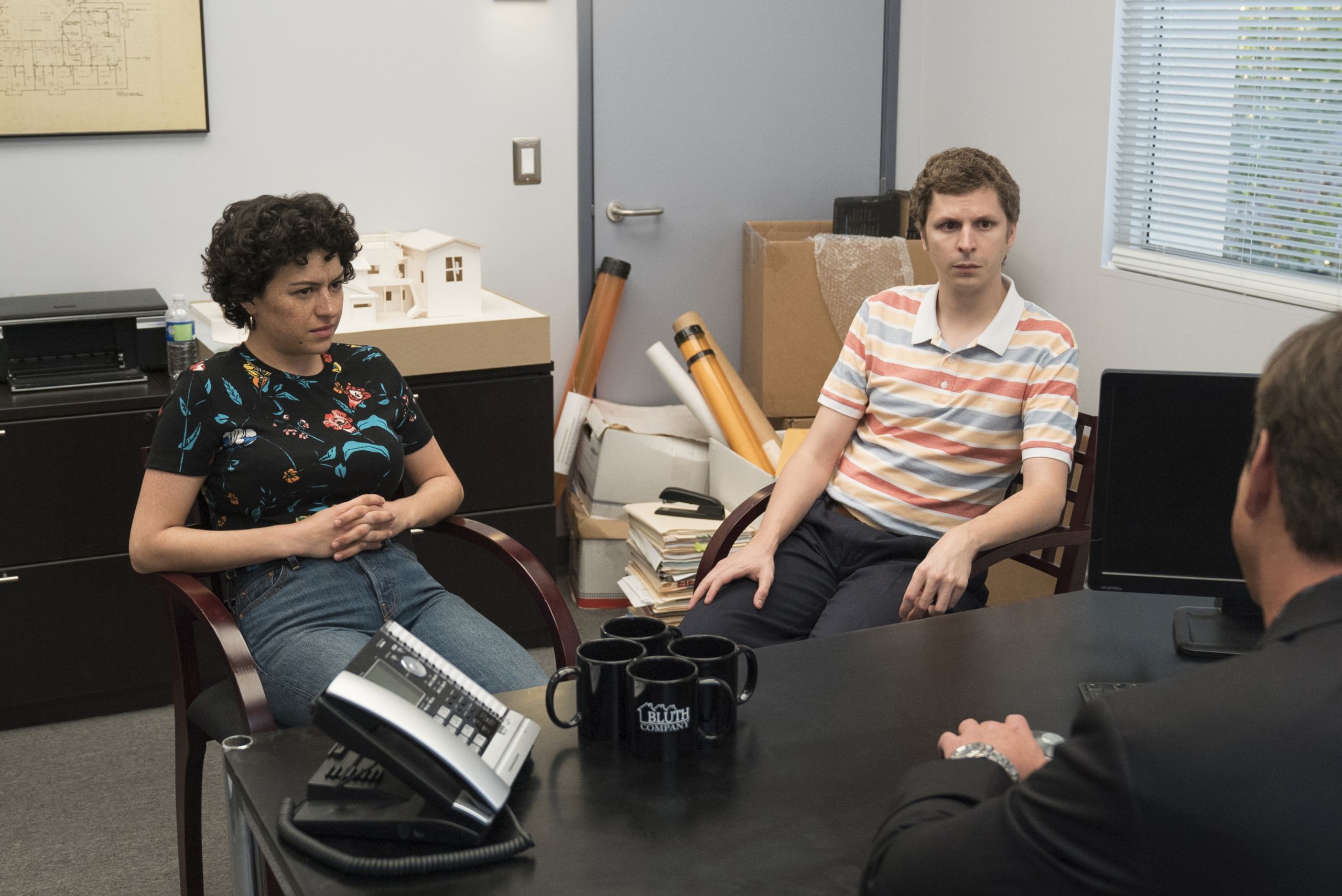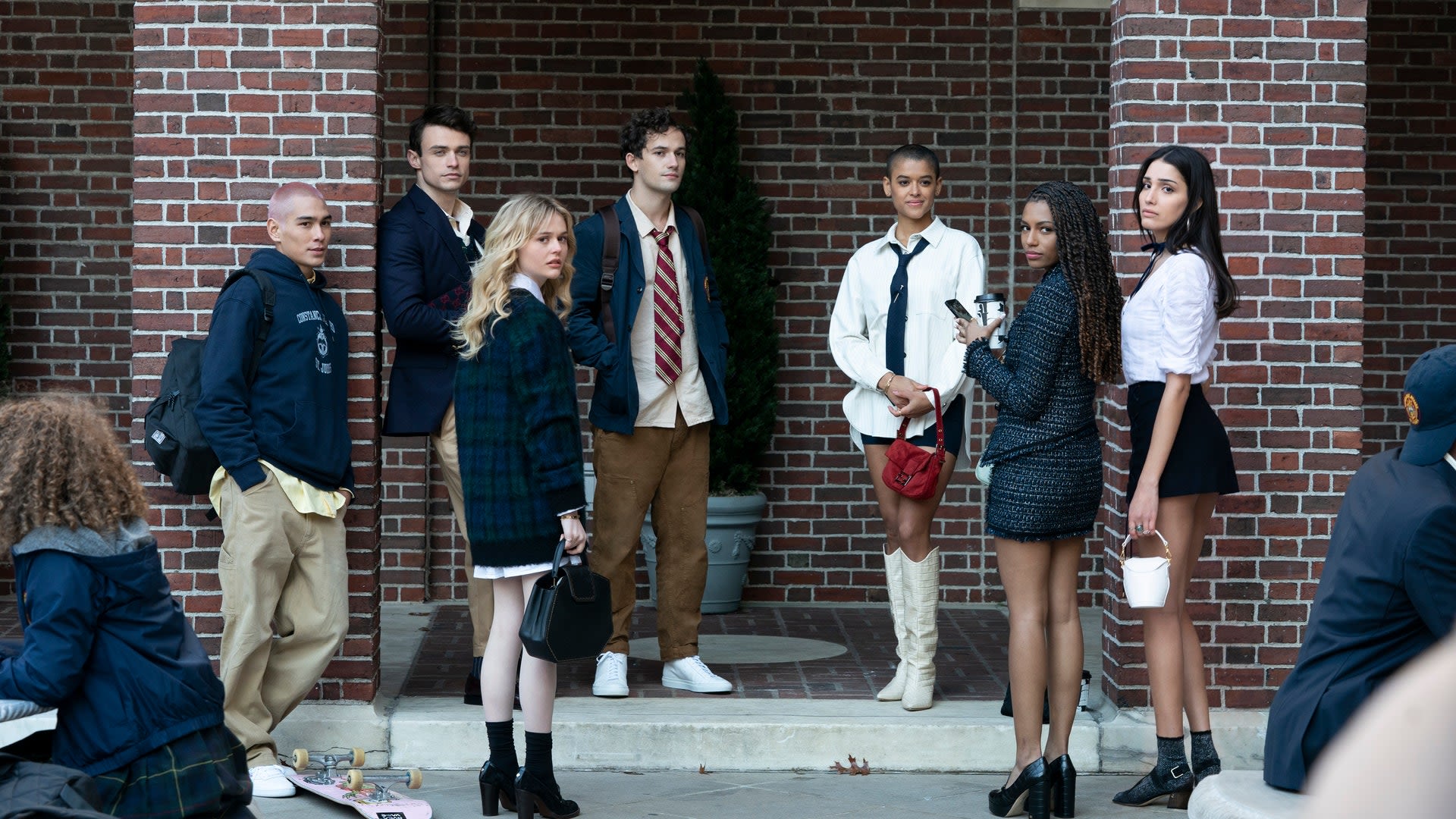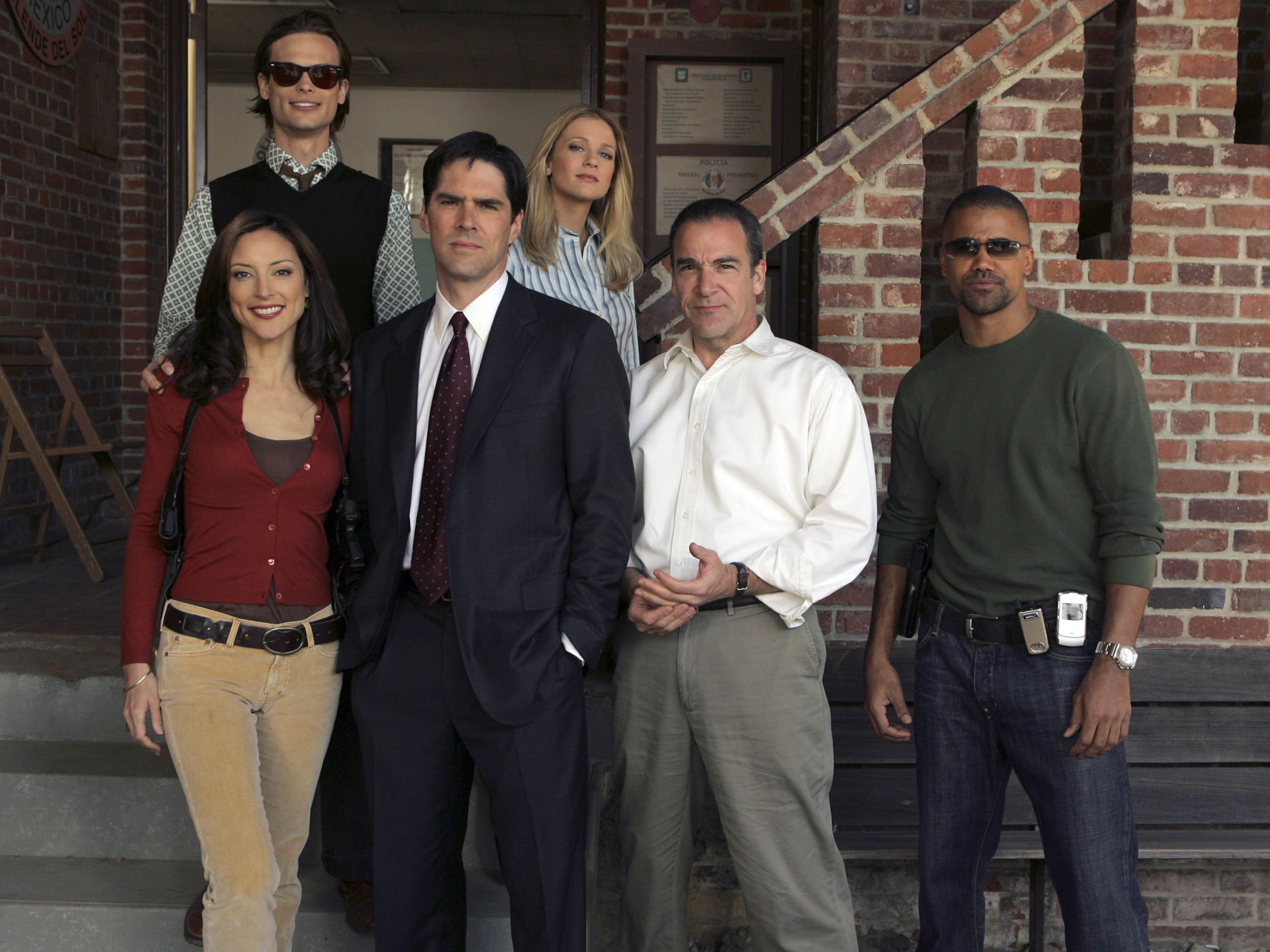The Curse of Reboots
by Lucy Carter

We live in a time of overwhelming media choice, with an ever-growing number of streaming services all vying for our attention. However, scrolling through these many platforms reveals a somewhat troubling phenomenon. Browsing your options, you might feel a sense of deja-vu, with the same series cropping up multiple times. Recently, rebooted series have been saturating the market, with new and updated versions of well-loved series being brought back for another go on the small screen. Whilst some are hugely in favour of this nostalgia-bait, it’s indisputable that despite the success of some of these reboots, others are truly transparent, insensate cash-grabs.
There are some disastrously and hilariously bad cases of reboots. Attempts to appeal to the nostalgia of audiences with callbacks to the original source material often fall flat, sometimes even ruining the legacy of the show. A prime example of this is Arrested Development. The original series, which began in 2003, is excellent, and received a considerable cult following alongside a string of Emmy wins. Concluding in 2006, it was picked up by Netflix in 2011 and two subsequent series were released on the platform. They were, to put it simply, bad. In spite of attempts to continue the running jokes and character chemistry, the rebooted episodes lacked the pace and humour of the original series. Even the most devoted fans wrote it off as a failure. Disappointment from a new series has the inevitable effect of harming the entire franchise, making it difficult to watch the original without thinking of the sins of the reboot.

A hotly anticipated yet feared (by me, at least) reboot has just begun airing in the US - Gossip Girl. As a massive fan of the original series, with all its ridiculously high-stakes drama and morally abhorrent goings-on, news of a reboot made me more than a little apprehensive. Whilst the original series is great, they played out pretty much every possible plot twist in the book – how could a new series be anything else but repetitive and dull? Unfortunately, it seems that these concerns were not unfounded. Reviews of the first episode were cutting, calling it “clumsy” and a “stunning failure”. Attempts to update the series, with mainstream social media now playing a vital role, fell flat, and trying to make the script sound more 'Gen-Z' seems to have resulted in borderline Riverdale levels of cringey, out-of-touch dialogue. It’s undeniable that the original Gossip Girl is far from politically correct. It’s a product of its time, and should be considered as such.

Many reboots seek to rectify questionable and outright offensive elements of their source material in order to appeal to a much more politically and socially aware audience. For a series to be diverse and 'progressive' is not, of course, a bad thing. However, would it not make more sense to simply create a new series? Thousands of pilots are rejected year after year in favour of dragging long-loved series, kicking and screaming, from the archives. Instead of trying to write over problematic aspects of shows with often clunkily-written, 'woke' reboots which saturate streaming services with only half-new content, it would be nice to see some genuinely fresh and interesting series on the market.
The time frame between an original series and its reboot is getting much narrower; it seems that the next step will be reboots starting whilst their source material is still airing. Recently it’s been revealed that a reboot of Criminal Minds is in the works – the show ended last year. When there are so many great series out there waiting to be picked up, networks and streaming services need to stop playing it safe and just rehashing tired material. An occasional reboot of a well-loved series, or an updated version of a hidden gem? Sure. But that can’t be all there is. It’s time to let go of the past and move onto better, more interesting shows.

